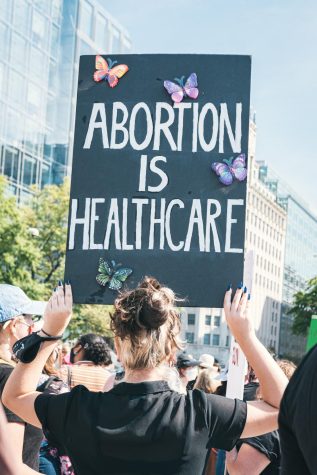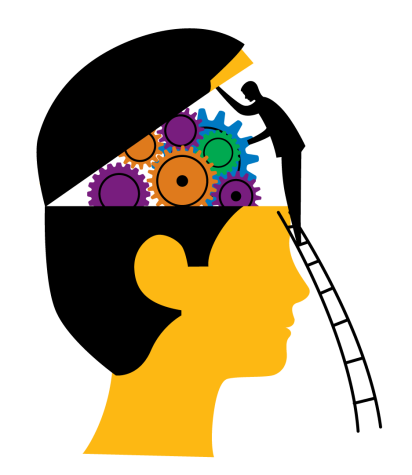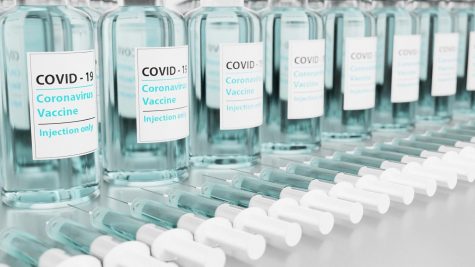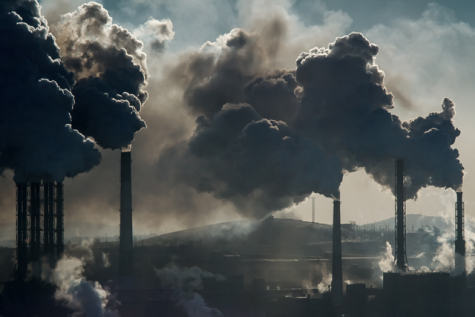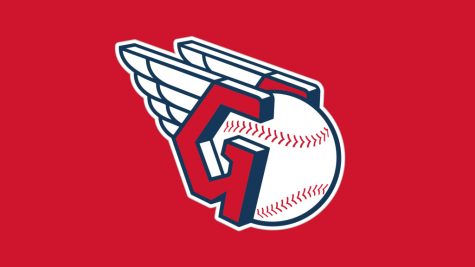Factory farming cruelties need to be addressed
J.B. Forbes/St. Louis Post-Dispatch/TNS
Cows, such as the ones shown here, make up a large portion of the animals involved in factory farming.
November 15, 2016
For years, images of colorful farms and happy animals have created security that factory-farm raised animals are treated humanely. However, it is a cruel reality for 56 billion each year.
It’s not only farm animals that suffer through unnecessary torture, though. According to freefromharm.org, “More than 30 million wildlife animals — many endangered — have been brutally killed by a secretive branch of the USDA that is primarily employed to destroy wildlife deemed a threat to animal agriculture.”
Since factory farming requires such a vast amount of land, this leaves harmless wild animals homeless. Habitats are destroyed in an effort to create room for the high demand of meat and dairy products.
To produce milk, a cow must give birth to a calf. Cows, like female humans, only produce milk while pregnant or nursing. Rather than a sane, natural process, artificial insemination is the mechanism being used to keep up with the increasingly high demand for dairy products.
According to emptyallcages.org, “Cows produce milk for the same reason that humans do- to nourish their young – but on dairy farms, calves are taken away at 1 day old. 1 day old calves are fed milk replacements (including cattle blood) so that their mothers’ milk can be sold to humans. Cows do not “give” humans their milk and calves have to be used for something else so humans can have the milk.”
The milk cows produce is meant to be fed to calves, in order to make them grow strong and healthy. Yet humans still continue to consume it. Humans are the only species that drinks the milk of another animal. So while people are gulping milkshakes without any thought, calves are left motherless and milkless — which can cause problems during growth.
So what happens once the dairy cows are worn out from forcefully being pregnant and giving humans all its milk?
According to onegreenplanet.org, “They ship off male calves to the veal industry and ‘spent’ cows off to be slaughtered in the meat industry.” This vicious cycle creates the endless horror these animals face, sometimes never even seeing the light of day.
They live out their short lives knowing nothing but hate and cruelty, rather than living happy, long lives on their own- surrounded by love.
Although this type of repulsive cruelty is usually hidden, there are times when the truth comes out.
In a recent article by Larry Pynn for the Times Colonist, “Issues revealed during routine inspections by the B.C. Milk Marketing Board showed overcrowding, lame or soiled cattle, tails accidentally torn off by machinery, branding and dehorning of calves without pain medication, cows lying on concrete, and failure to produce a manual outlining management practices on individual farms”..
The only difference between a pig and a dog is what we are taught to believe. Just because we aren’t typically around these harmless beings to see how they really act, doesn’t mean they don’t suffer just as much as any everyday pet.
No 30 seconds of satisfaction from chowing down on a triple cheeseburger is worth the exploitation, torture, rape, and slaughter of innocent beings.
While currently these animals have to live in such an unfair way, it doesn’t always have to be this way. As long as humans continue to buy animal products, these factories will continue producing meat and dairy products. It’s all about supply and demand.
Rachel McBride, an English teacher at Mayfield has similar views about factory farming. In an interview, she said, “The primary reason I am vegetarian is because of the cruelty behind all of it; I don’t agree with it at all. In factory farming, there’s way too much mistreatment towards animals- our country is very abusive.”
By going vegan, not only can you save billions of animals, but you would also be helping to stop global warming, decrease deforestation, and help to end world hunger. We are all earthlings. Not one species deserves more than another; We all deserve to live long, happy, meaningful lives.
Our world can be a cruel place behind closed doors, but with a little compassion, we could make the world a happier, more sustainable place for ourselves and the animals.




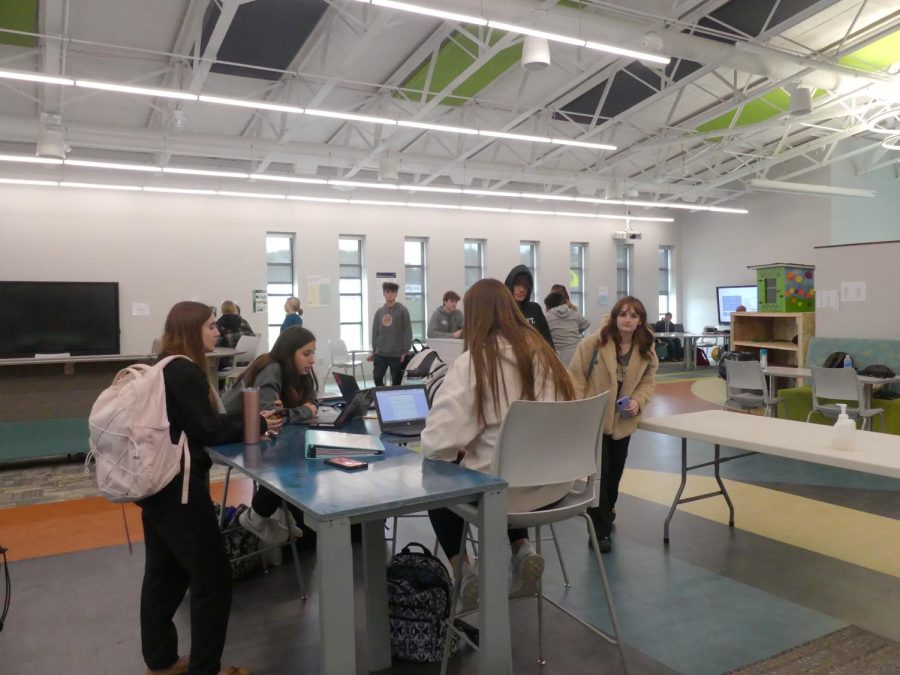
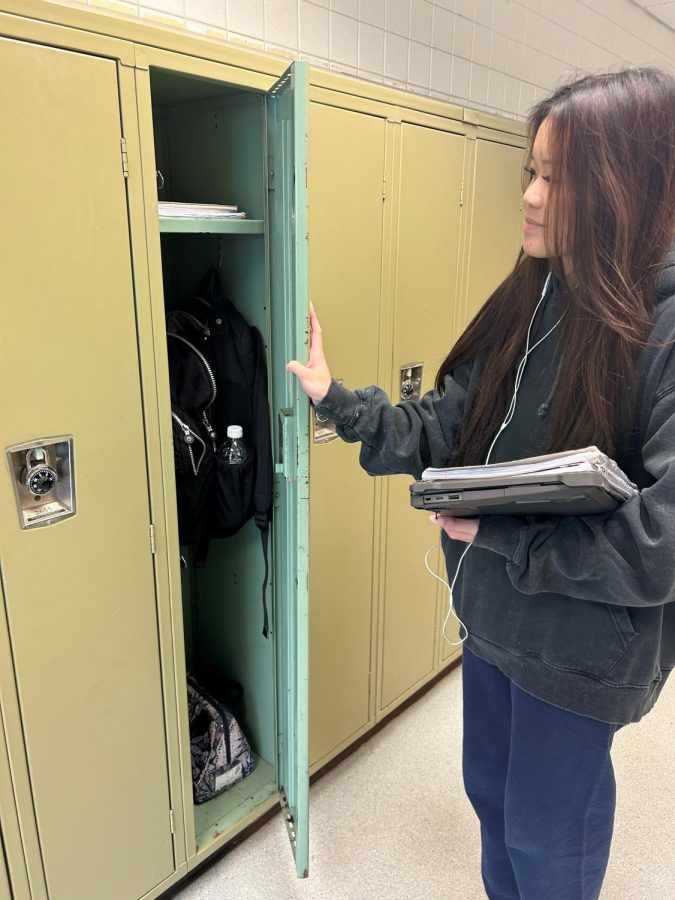
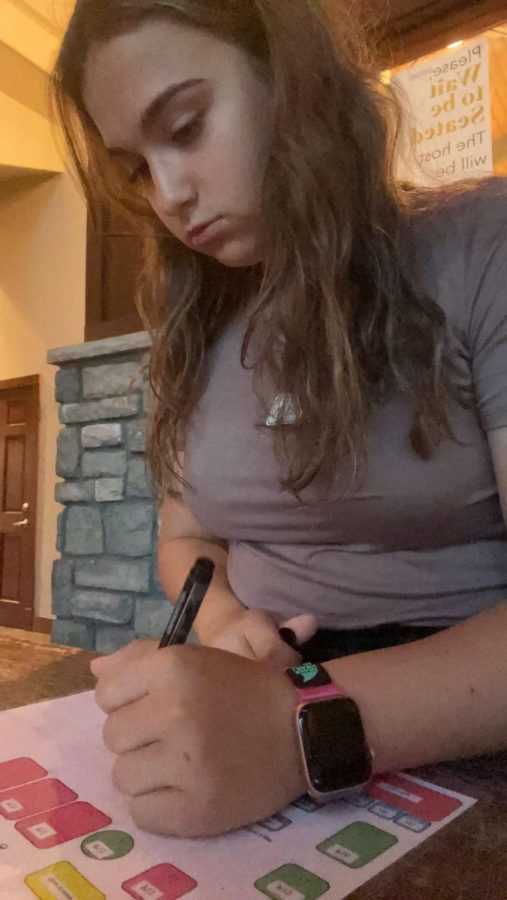
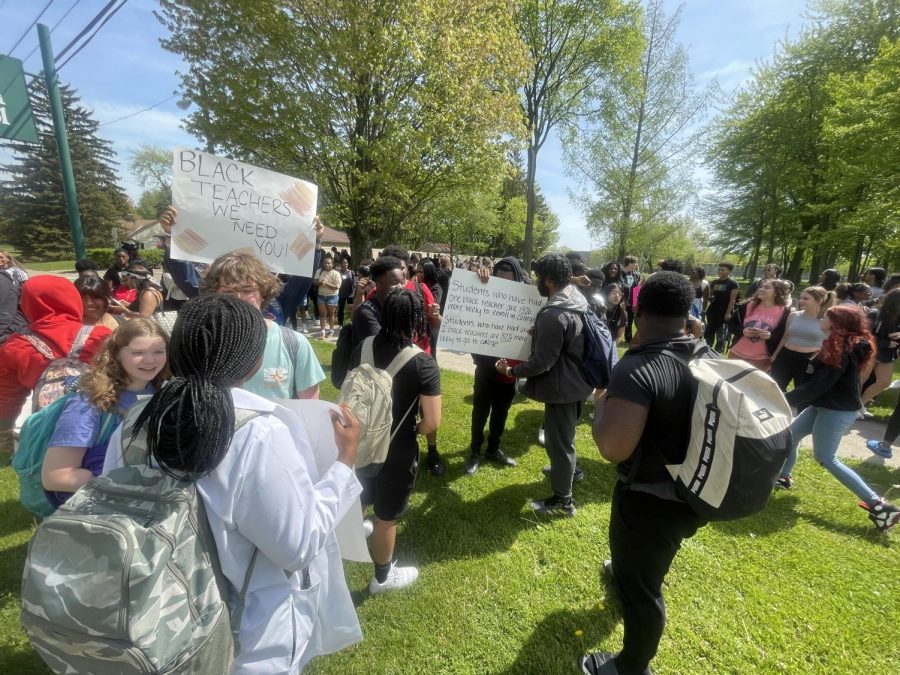
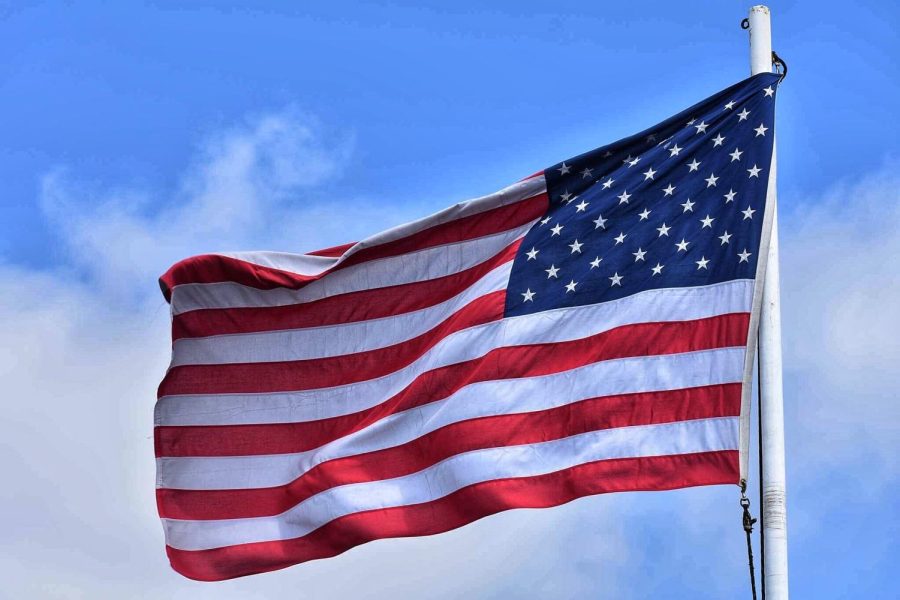
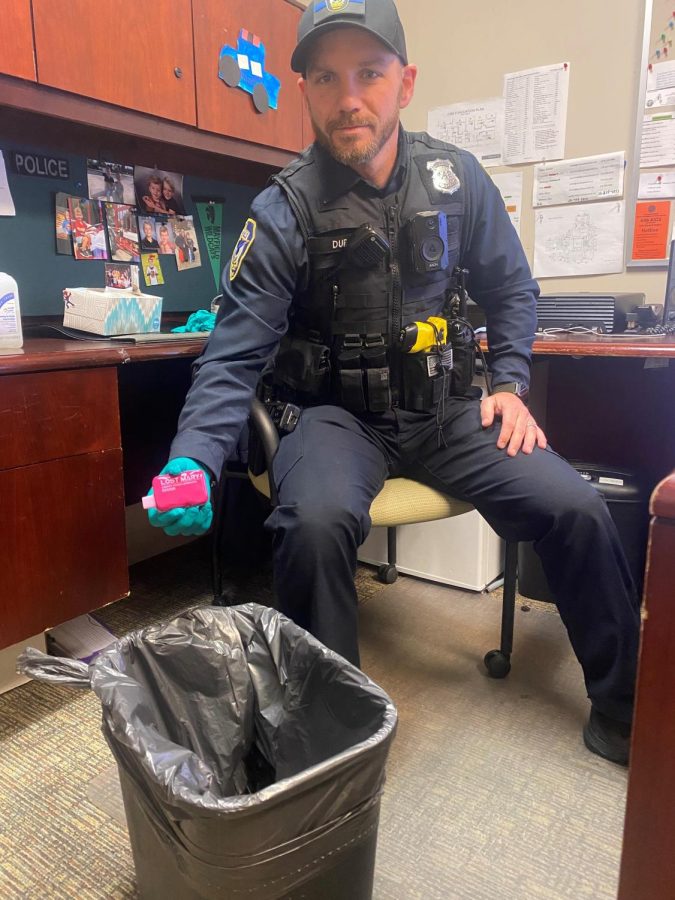
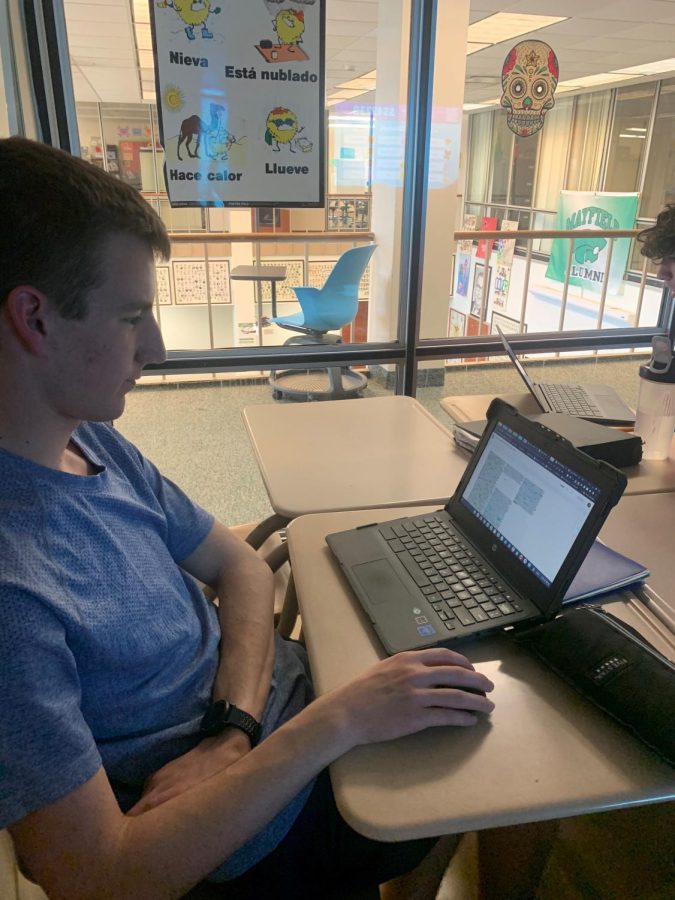




![Russian president Vladimir Putin took action to invade Ukraine on Feb. 24. According to the PBS Frontline episode Putins Revenge, Putin is obsessed with his image and how he and his countrys actions are portrayed. The Atlantics Julia Ioffe said, [Putin] watches tapes of the evening news over and over and over again to see how he’s portrayed, to see how he looks.](https://pawprintnews.org/wp-content/uploads/2022/04/putin-5277284_1920-900x596.jpg)




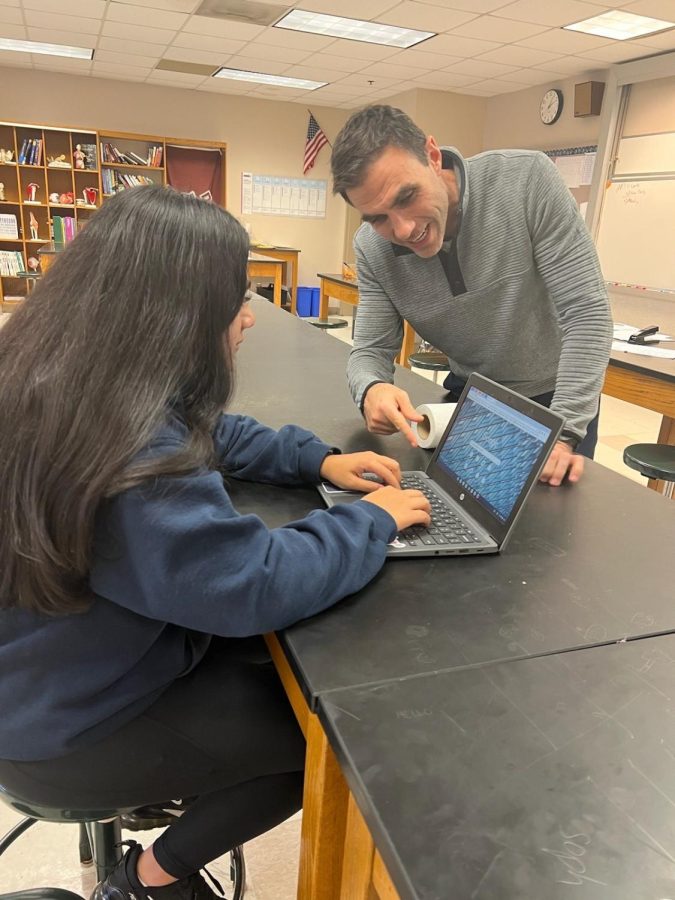



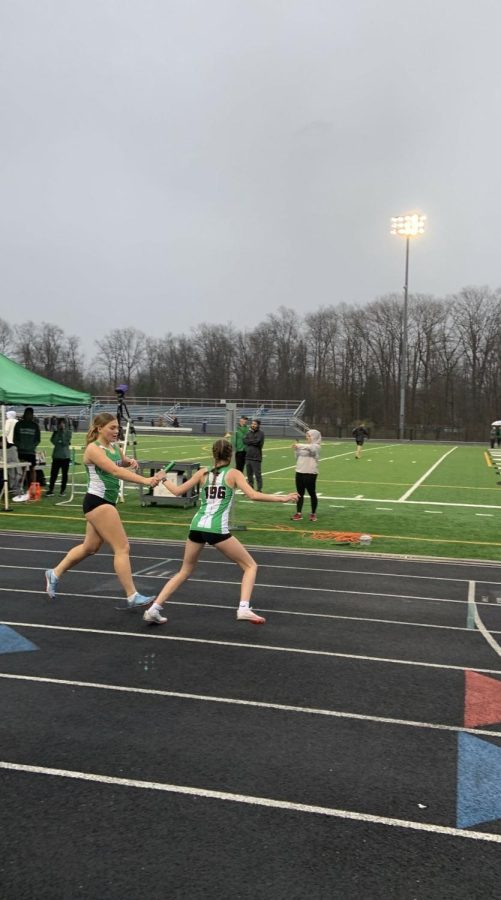

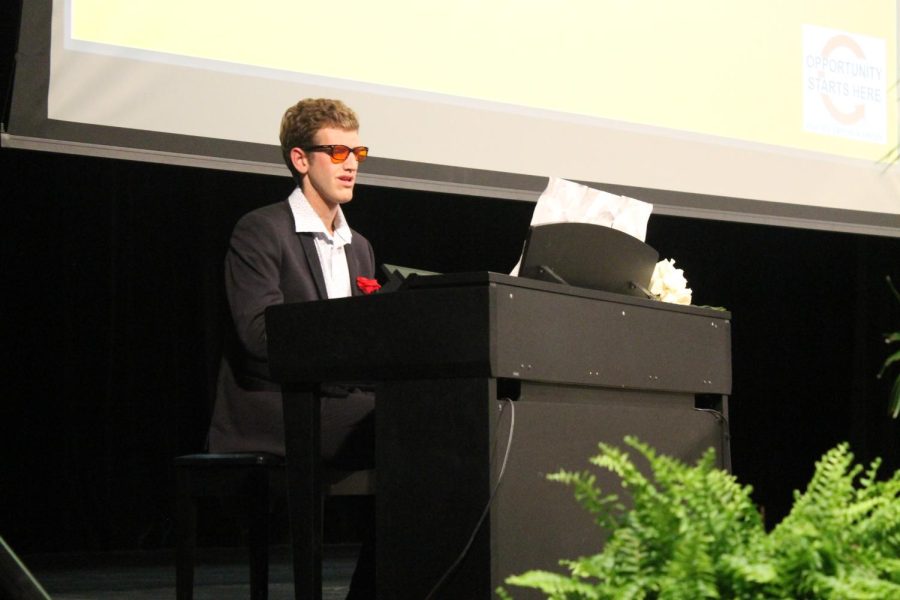
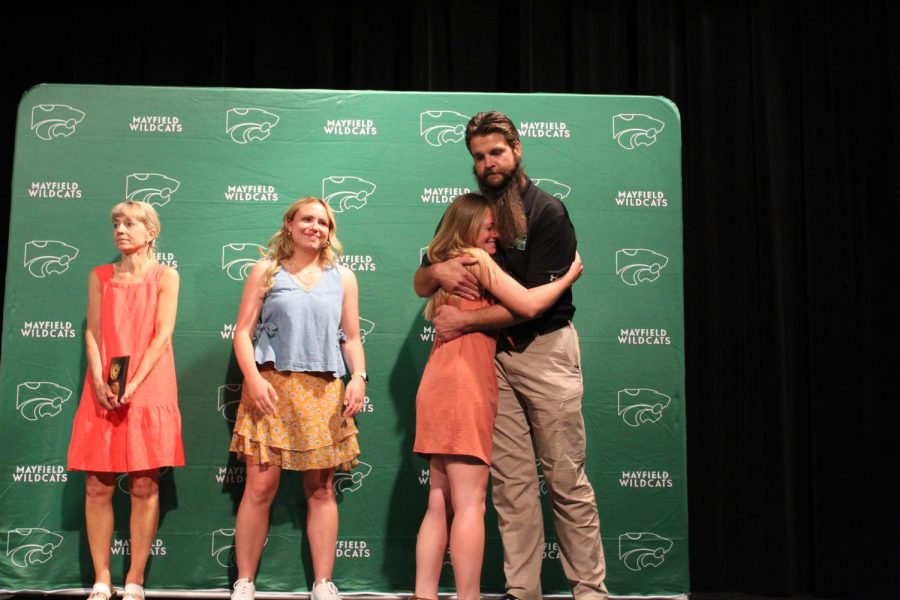
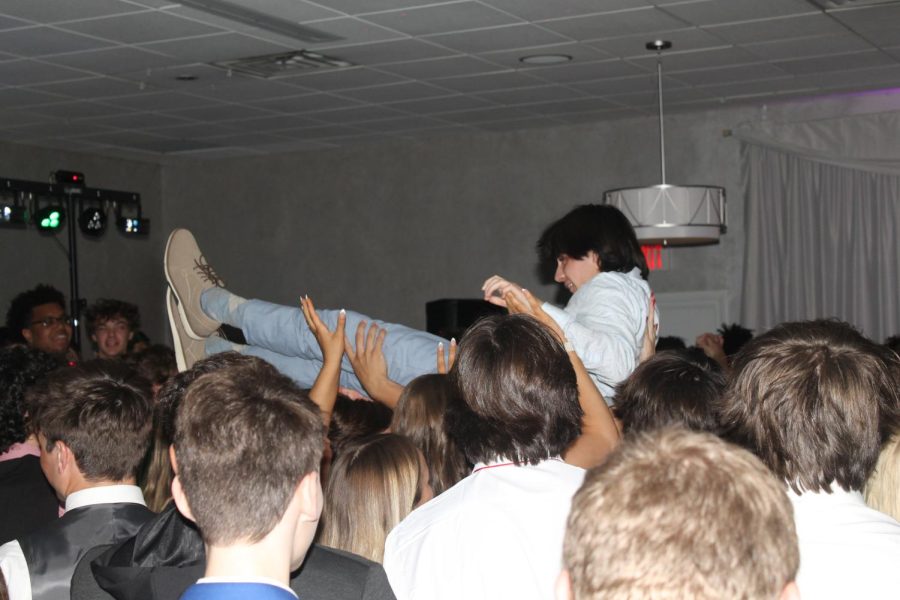
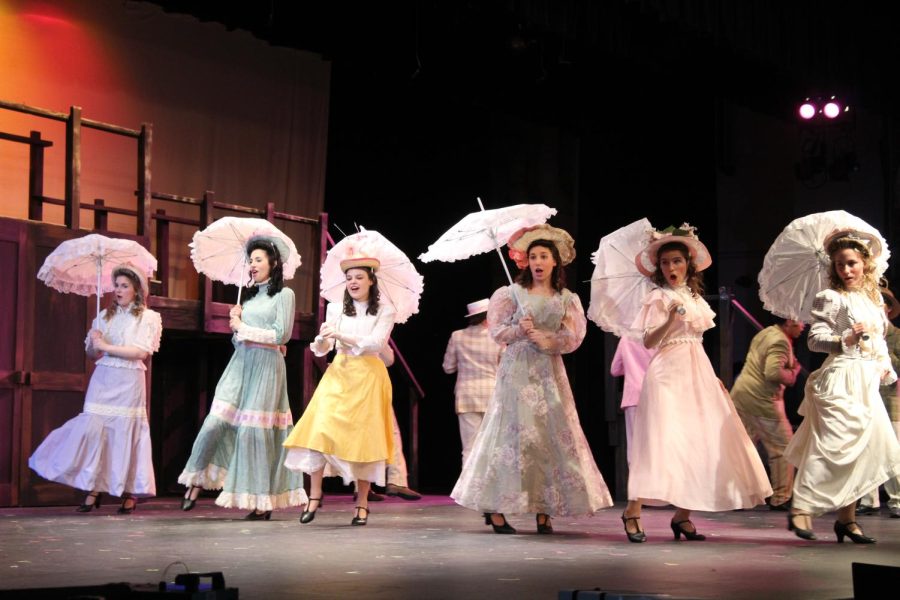



















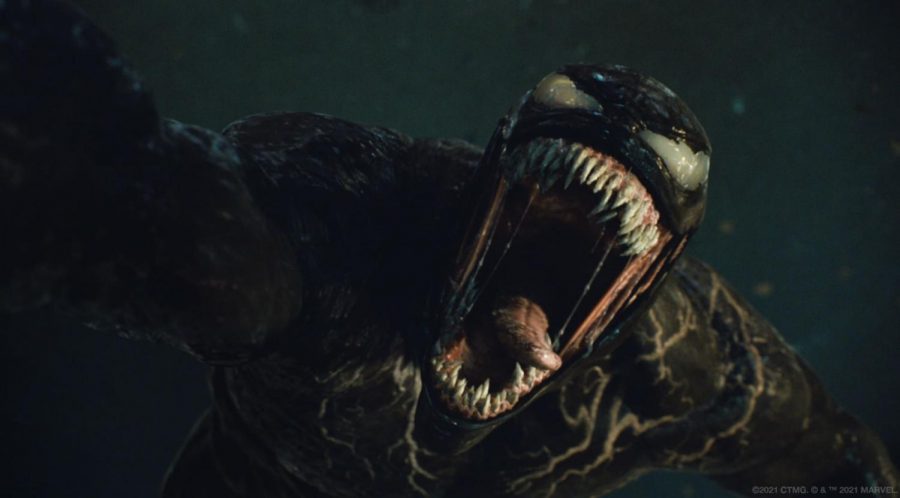

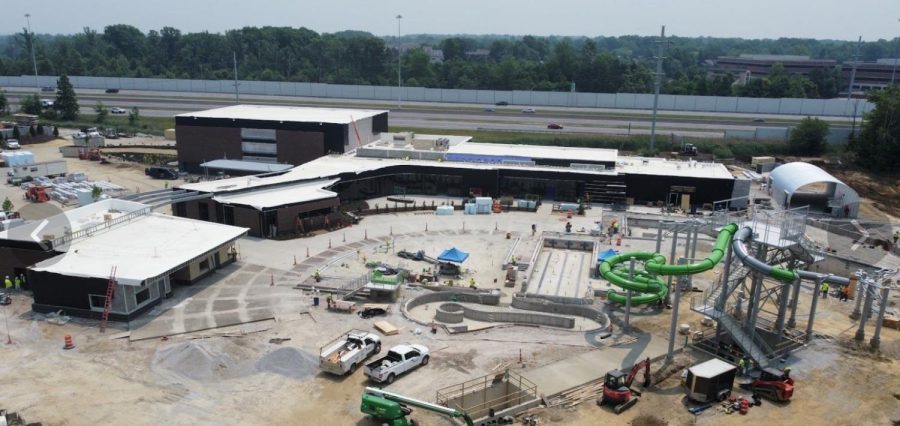

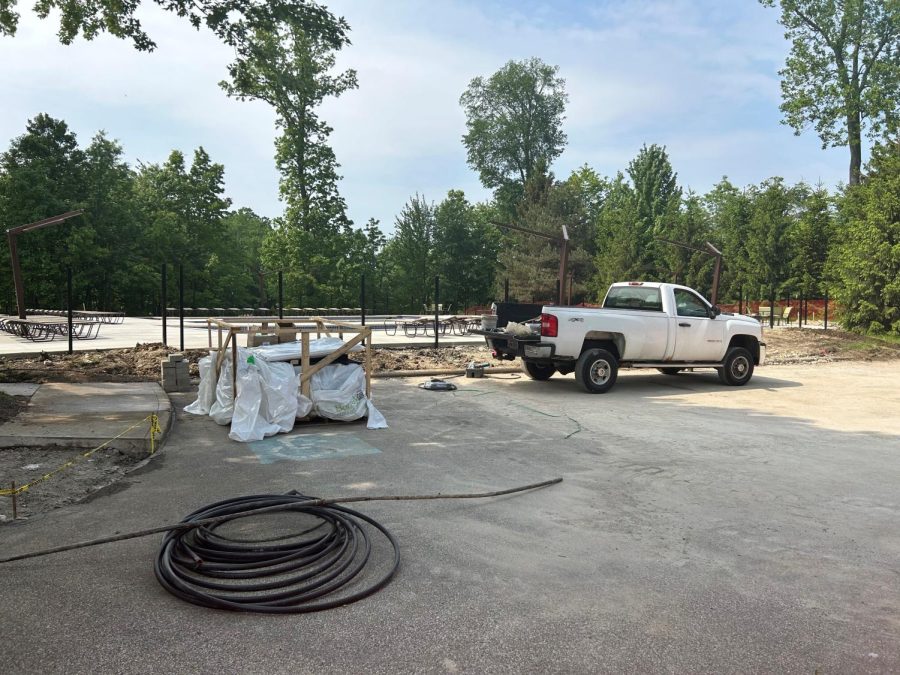
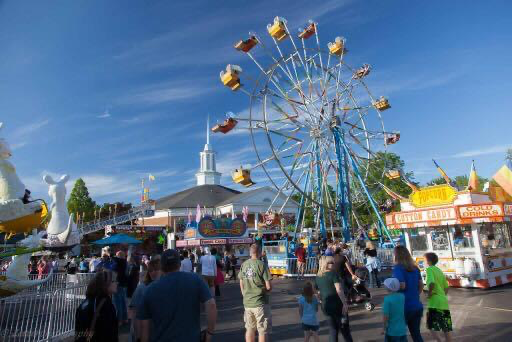
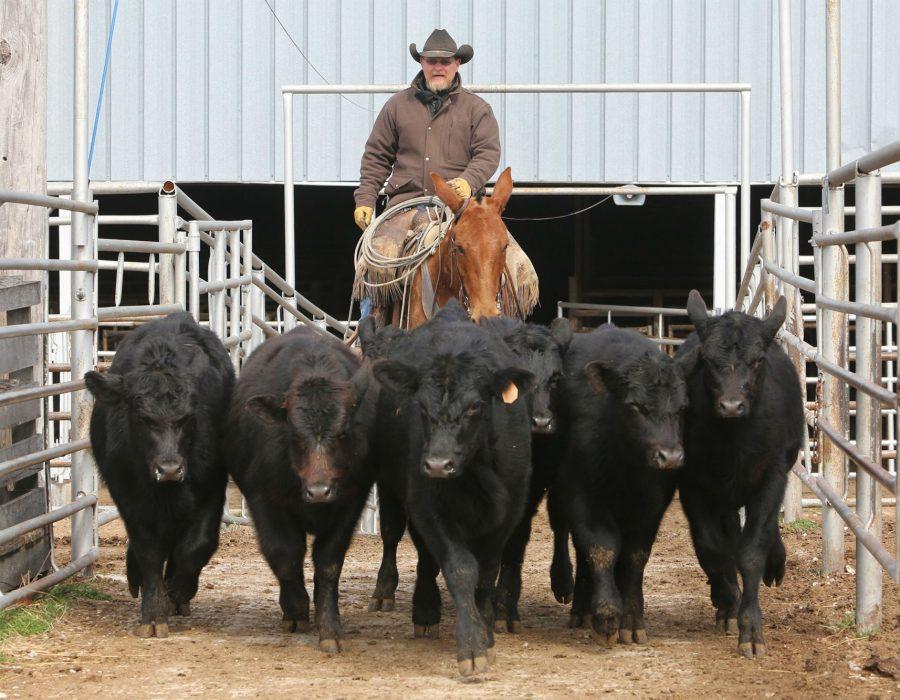
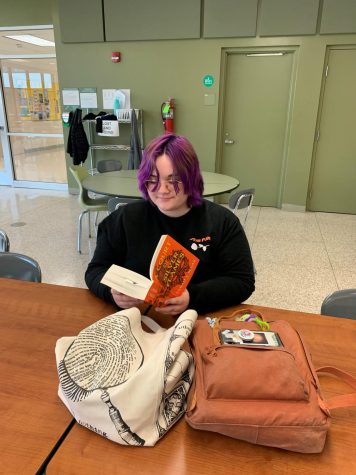
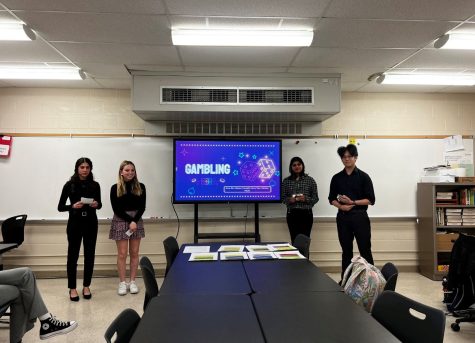
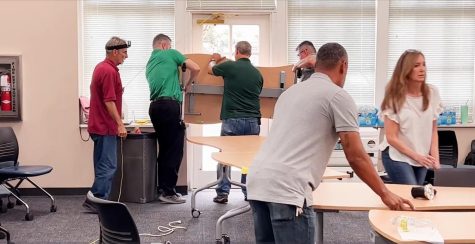

![Russian president Vladimir Putin took action to invade Ukraine on Feb. 24. According to the PBS Frontline episode Putins Revenge, Putin is obsessed with his image and how he and his countrys actions are portrayed. The Atlantics Julia Ioffe said, [Putin] watches tapes of the evening news over and over and over again to see how he’s portrayed, to see how he looks.](https://pawprintnews.org/wp-content/uploads/2022/04/putin-5277284_1920-475x315.jpg)
